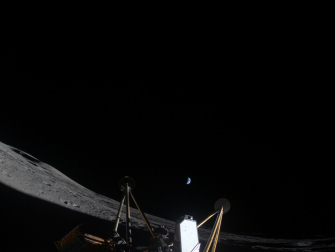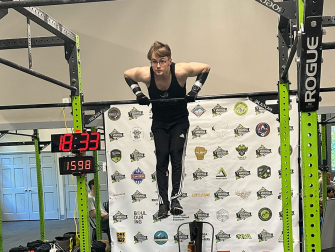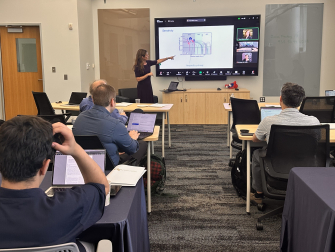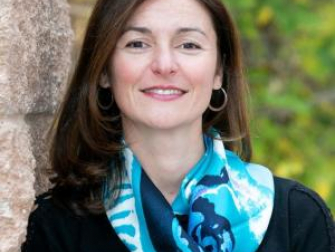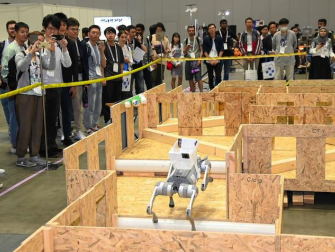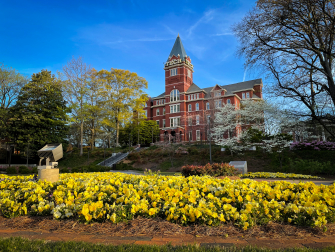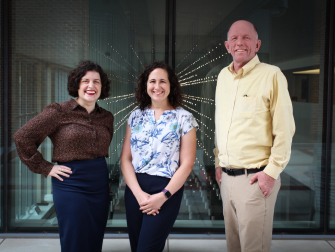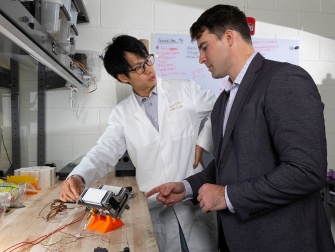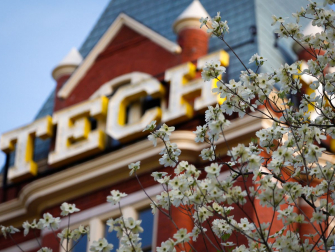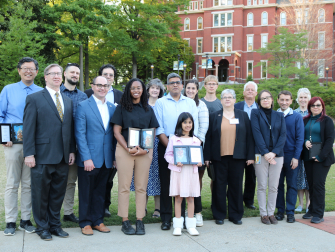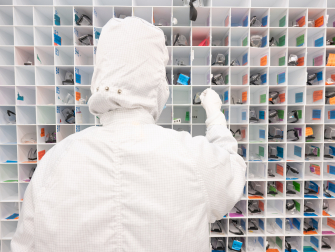The mass spectrometer and ice drill will be crucial to future NASA missions.
A School of Physics alumnus has broken the world record for the most muscle-ups in 24 hours.
Georgia Tech is leading a revolutionary NASA mission to image black holes from space, overcoming the limits of Earth-based telescopes. With twin orbiting instruments, the SPRITE project could unlock unprecedented views of the universe’s most mysterious objects.
The world’s largest robotics conference is coming to Atlanta, and 136 researchers and students from Georgia Tech will showcase their novel and groundbreaking contributions to a booming field.
Each spring, Georgia Tech recognizes the achievements and excellence of students, staff, and faculty across the Institute. Dozens of members of the College of Sciences community were honored during celebrations held in March and April 2025.
Students from all majors are invited to register for the new Minor in Astrobiology at Georgia Tech. Welcoming its first enrolled students in Fall 2025, the minor is the latest degree offering from the College of Sciences and Georgia Tech Astrobiology Program.
New space IRI and commercialization activities showcase space as an exciting destination for students and faculty.
In Spring 2025, 67 academic and research faculty members were promoted to the highest rank. We are honored to celebrate their accomplishments and contributions to the Georgia Tech community.
A recent physics study has unlocked a new type of origami-inspired folding, and could lead to advances in everything from heart stents to airplane wings.
The College of Sciences recognized outstanding faculty and staff for the 2024-25 academic year as well as recent retirees.
This semester, 36 faculty members from across the Institute, including four from the College of Sciences, were awarded tenure.
The fellowships are awarded to outstanding graduate students pursuing STEM research and education.
- ‹ previous
- 3 of 24
- next ›

